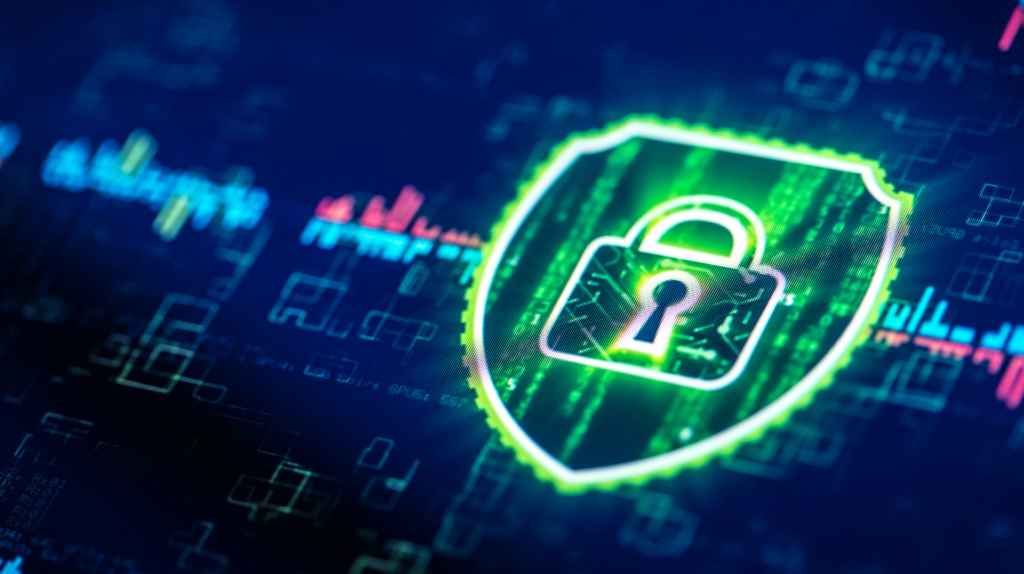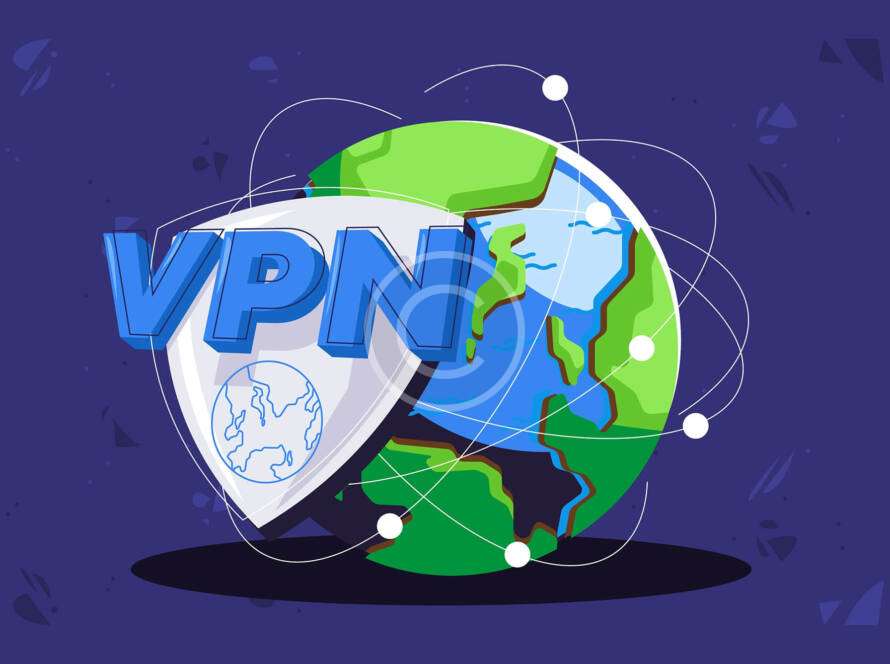A Virtual Private Network (VPN) is a service that creates a secure, encrypted connection between your device and the internet. This connection acts as a tunnel, protecting your data from prying eyes and allowing you to browse the web anonymously.
How Does a VPN Work?
When you connect to a VPN, your internet traffic is routed through a remote server operated by the VPN provider. This process involves several key steps:
IP Masking: The VPN server assigns you a new IP address, masking your real one. This makes it difficult for websites and third parties to track your online activities.
Encryption: Your data is encrypted before it leaves your device. This means that even if someone intercepts your data, they won’t be able to read it.
Tunneling: Your encrypted data travels through a secure tunnel to the VPN server. This tunnel ensures that your data is protected from hackers and surveillance.
Why Use a VPN?
There are several compelling reasons to use a VPN:
- Privacy: A VPN hides your IP address and encrypts your data, making it difficult for anyone to track your online activities.
- Security: VPNs protect your data from hackers, especially when using public Wi-Fi networks.
- Access: VPNs can help you bypass geo-restrictions and access content that is not available in your region.
- Anonymity: By masking your IP address and encrypting your data, a VPN ensures that your online activities remain anonymous.

Choosing the Right VPN
Not all VPNs are created equal. Here are some factors to consider when choosing a VPN:
Customer Support: Good customer support is essential in case you encounter any issues.
Security Features: Look for a VPN that offers strong encryption, a no-logs policy, and advanced security features like a kill switch and DNS leak protection.
Speed: Some VPNs can slow down your internet connection. Choose a VPN with fast and reliable servers.
Server Locations: A VPN with a wide range of server locations allows you to access content from different regions.
Ease of Use: A user-friendly interface and easy setup process are important, especially if you are not tech-savvy.
Lorem ipsum dolor sit amet, consectetur adipisicing elit, sed do eiusmod tempor incididunt ut labore et dolore magna aliqua. Ut enim ad minim veniam, quis nostrud exercitation.
Peter Jackson
Best Practices for Using a VPN
Regularly Update: Keep your VPN software updated to benefit from the latest security features and improvements.
Keep It On: For maximum privacy and security, keep your VPN on at all times.
Use Strong Passwords: Ensure that your VPN account is protected with a strong, unique password.
Enable Kill Switch: This feature will disconnect you from the internet if the VPN connection drops, preventing your data from being exposed.


In an era where online privacy is increasingly under threat, using a VPN is a crucial step in protecting your anonymity. By understanding how VPNs work and how to choose the right one, you can ensure that your online activities remain private and secure. Follow the best practices outlined in this guide to maximize your VPN’s effectiveness and enjoy a safer, more anonymous browsing experience.
By taking the time to invest in a reliable VPN and implementing these tips, you can navigate the digital world with confidence, knowing that your personal information is secure and your online identity protected.




